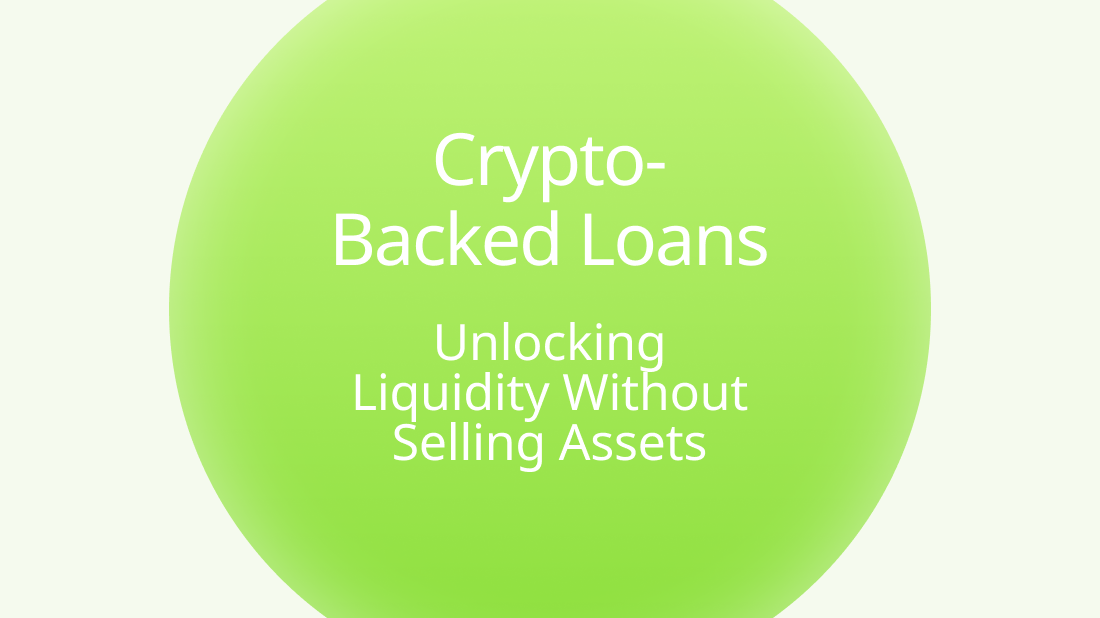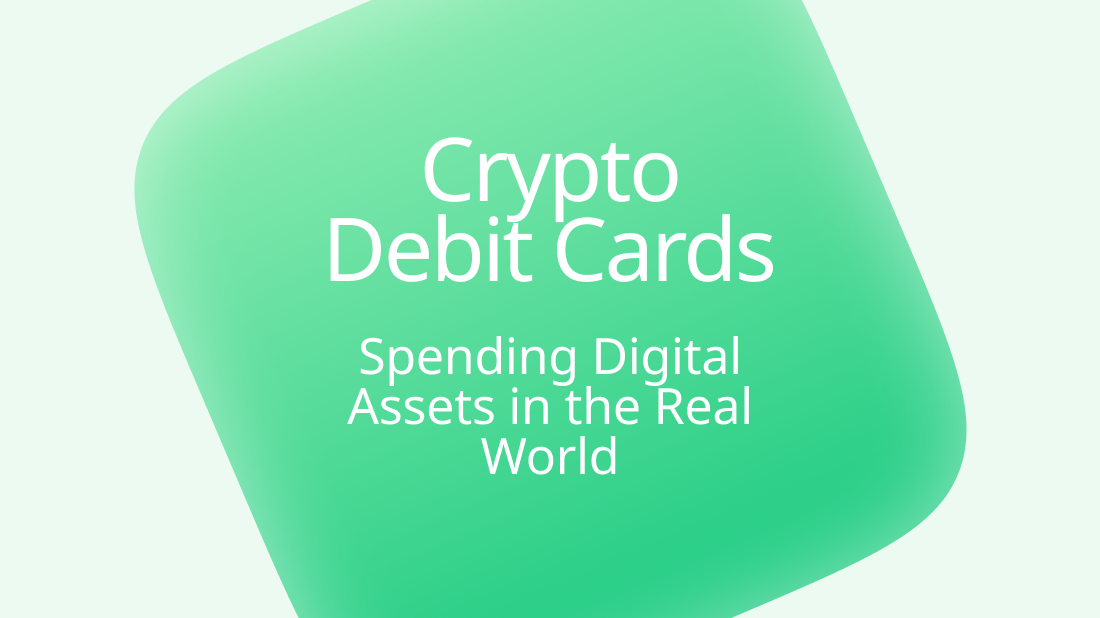Understanding Cryptocurrency Wallets

In the fast-paced world of cryptocurrencies, the safety and security of your digital assets are paramount. One of the key components in safeguarding your crypto holdings is the cryptocurrency wallet. In this comprehensive guide, we'll walk you through the different types of wallets available, from hardware wallets to mobile applications, shedding light on the best practices for securing your digital wealth.
Types of Cryptocurrency Wallets: A Diverse Landscape
1. Hardware Wallets: Fortresses for Your Digital Fortune
Hardware wallets are physical devices designed to store your cryptocurrency offline, providing an extra layer of security. These wallets are resistant to online hacking attempts, making them a preferred choice for long-term investors. Notable brands like Ledger and Trezor dominate the hardware wallet market, offering users a secure enclave for their private keys.
Best for: Long-term storage, security-conscious investors.
2. Software Wallets: Balancing Accessibility and Security
Software wallets, or digital wallets, come in various forms such as desktop, mobile, and online wallets. They store your private keys electronically, offering a balance between accessibility and security. Popular software wallets include Exodus, MyEtherWallet, and Electrum.
Best for: Frequent transactions, users who prioritize accessibility.
3. Mobile Wallets: Cryptocurrency on the Go
Mobile wallet applications are designed for smartphones, providing a convenient solution for managing your cryptocurrencies on the go. Apps like Simple App, Trust Wallet, Coinbase, and Atomic Wallet offer user-friendly interfaces, making them suitable for those who prefer a mobile-centric experience.
Best for: Everyday transactions, users who value mobility.
4. Web Wallets: Access Anywhere, Anytime
Web wallets operate through online platforms, allowing users to access their funds from any device with an internet connection. While they offer convenience, users should be cautious about the security of the hosting platform. Examples include MyEtherWallet and Blockchain.info.
Best for: Users who need easy access without downloading additional software.
5. Paper Wallets: Offline Cold Storage
For the ultra-security conscious, paper wallets involve printing your private and public keys on a physical document. This form of cold storage ensures that your digital assets remain completely offline, minimizing the risk of online attacks.
Best for: Long-term storage, users seeking maximum offline security.
Choosing the Best Cryptocurrency Wallets: Factors to Consider
When deciding on the right cryptocurrency wallet for your needs, several factors come into play:
1. Security Features:
- Look for wallets with advanced security features such as two-factor authentication (2FA) and biometric authentication.
- Hardware wallets are generally considered the most secure option due to their offline nature.
2. Usability:
- Consider the user interface and ease of use, especially if you're new to the crypto space.
- Mobile wallets are often praised for their intuitive designs, making them accessible to beginners.
3. Supported Cryptocurrencies:
- Ensure that the wallet supports the specific cryptocurrencies you intend to store.
- Some wallets are multi-currency, while others may be limited to certain coins.
4. Backup and Recovery Options:
- Check if the wallet provides robust backup and recovery options to protect against the loss of your private keys.
- Hardware wallets often come with recovery seed phrases for added security.
5. Community Reputation:
- Research user reviews and community feedback to gauge the reputation of the wallet.
- Trustworthy wallets often have an active and supportive community.
Securing Your Cryptocurrency Wallet: Best Practices
1. Enable Two-Factor Authentication (2FA):
Add an extra layer of security by enabling 2FA wherever possible.
2. Regularly Update Software:
Keep your wallet software up-to-date to benefit from the latest security patches.
3. Backup Your Recovery Phrases:
Safeguard your recovery seed phrases in a secure location. Consider using a hardware wallet's recovery card.
4. Use Secure Networks:
Avoid accessing your wallet on public Wi-Fi networks to minimize the risk of unauthorized access.
5. Keep Private Keys Private:
Never share your private keys or recovery phrases with anyone. Keep them offline whenever possible.
Conclusion: Safeguarding Your Digital Wealth
Understanding cryptocurrency wallets is an essential step in securing your digital wealth. The diverse range of wallet options caters to different preferences and security needs. Whether you opt for the robust security of a hardware wallet or the convenience of a mobile application, implementing best practices ensures that your cryptocurrency journey is both secure and seamless. By staying informed and making educated choices, you can confidently navigate the ever-evolving landscape of cryptocurrency storage.
In the realm of cryptocurrency wallets, knowledge is power, and securing your assets begins with the right wallet choice. Choose wisely, and embark on your crypto journey with confidence. Also, to understand how to open a crypto wallet after selecting it, read our blog article.












